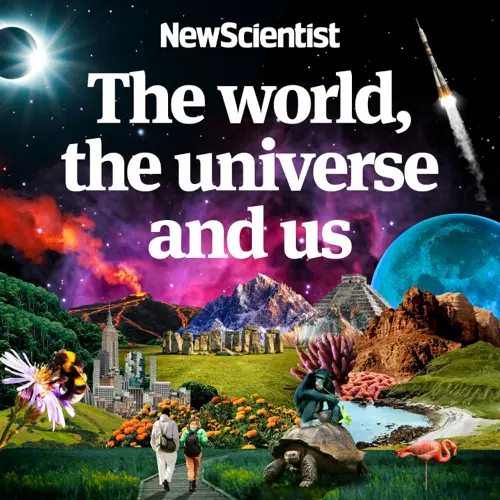Bra podd
Sveriges mest populära poddar

The world, the universe and us
AI wins first gold at maths Olympic games; How mitochondria are linked to sleep; Famous psychology trick works on octopuses too
29 min • 25 juli 2025
Episode 313
AI has won gold at the world’s hardest maths event. For the first time, AI programs that use entirely natural language like ChatGPT, have used general reasoning to solve incredibly difficult tests at the International Maths Olympiad in Australia. Humans are still in the lead…for now. But could this be a big leap forward in the quest for artificial general intelligence?
Mitochondria - famously the powerhouses of our cells - are linked to sleep in ways we never realised. In a study on fruit flies, researchers discovered that the longer they stay awake, the more damage is caused to their mitochondria. This pressure increasingly pushes the flies to go to sleep - to begin the repair cycle. They also showed ways of engineering and altering fruit fly mitochondria that could impact their sleep duration. Given how mitochondria is essential in all complex life forms - like us - could it one day lead to sleep treatments?
An iconic psychology experiment has been used to trick octopuses. The rubber hand illusion has been used on people - and some other mammals - to fool them into thinking a fake hand is their own. And now it turns out octopuses are fooled just as easily. Researchers used a fake tentacle to recreate the trick - giving us a deeper insight into how octopus brains work.
Chapters:
(00:33) AI wins gold at maths Olympics
(12:24) How mitochondria are linked to sleep
(22:13) Octopus rubber hand illusion
Hosted by Rowan Hooper and Penny Sarchet, with guests Alex Wilkins and Alexandra Thompson.
To read more about these stories, visit https://www.newscientist.com/
Learn more about your ad choices. Visit megaphone.fm/adchoices
Senaste avsnitt
00:00
-00:00